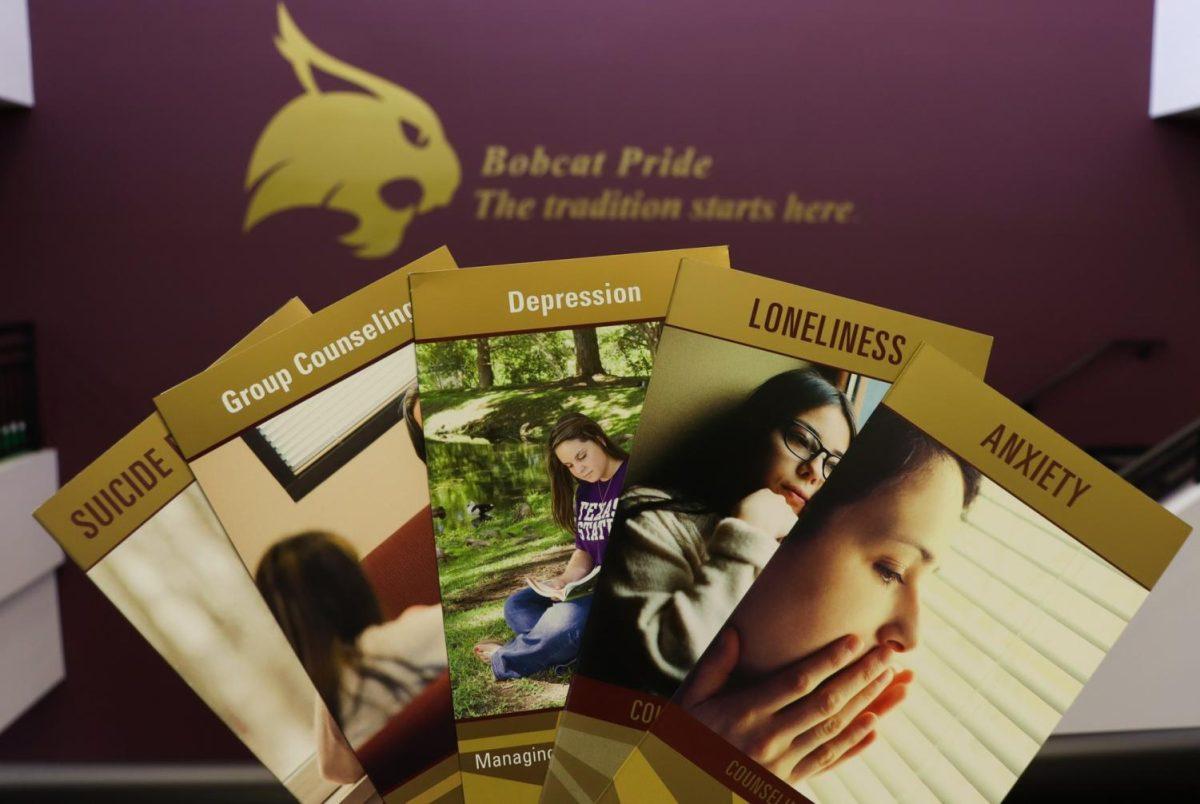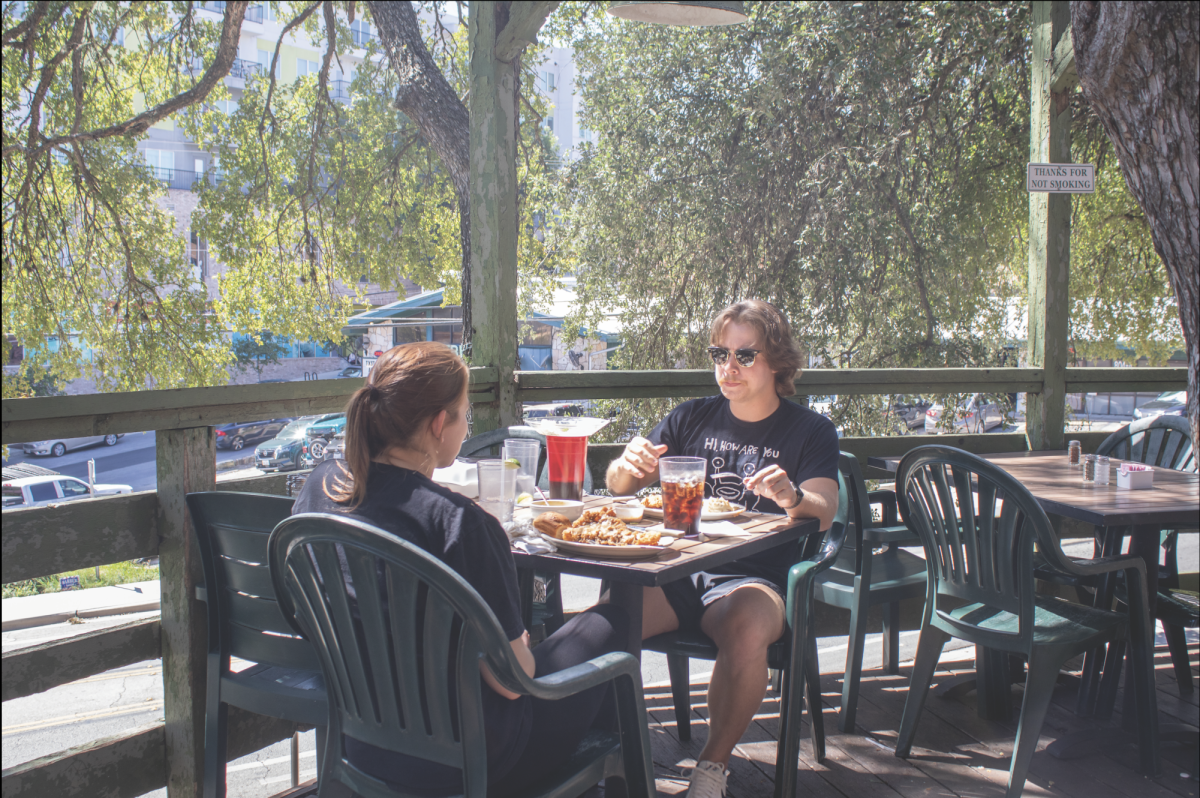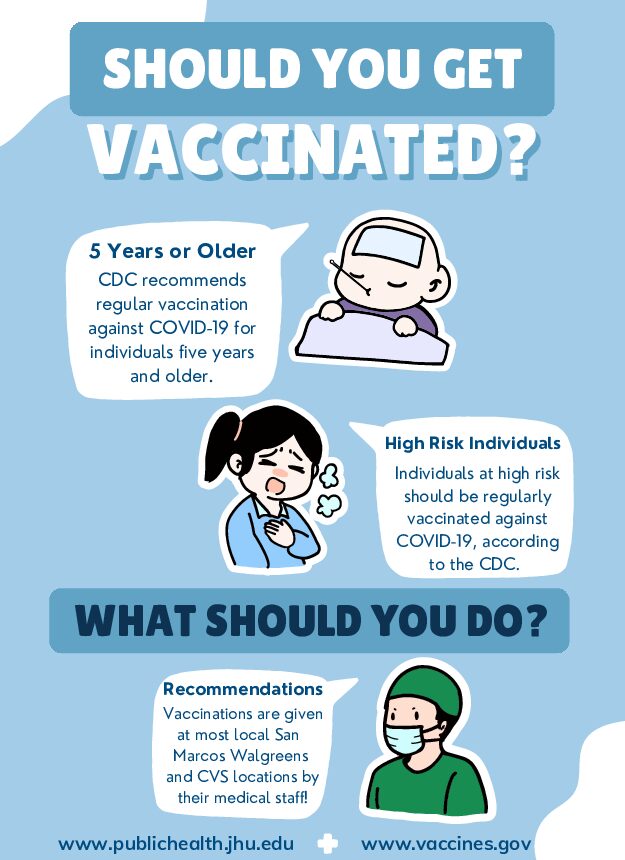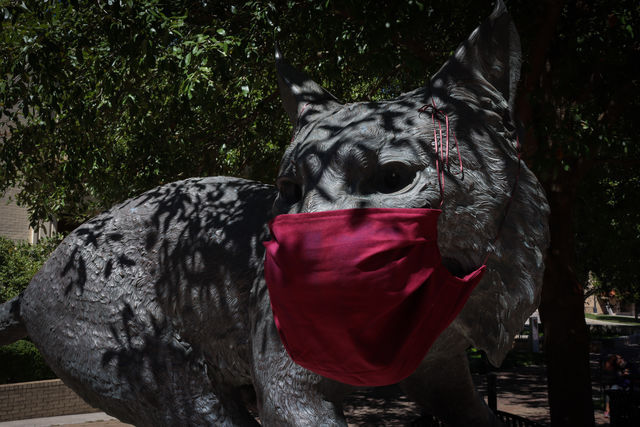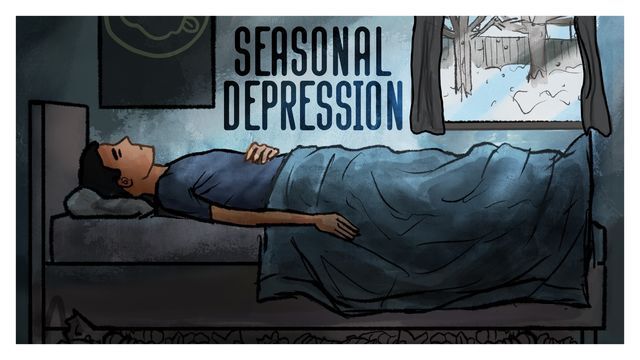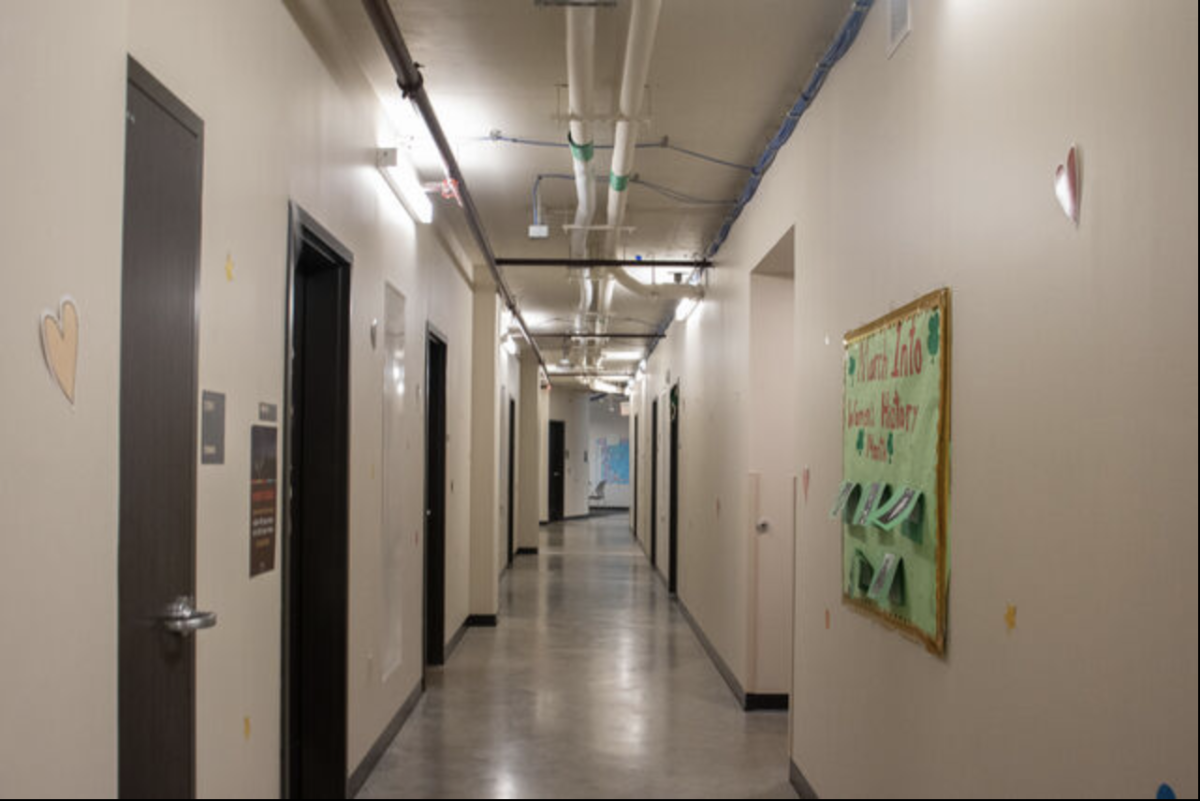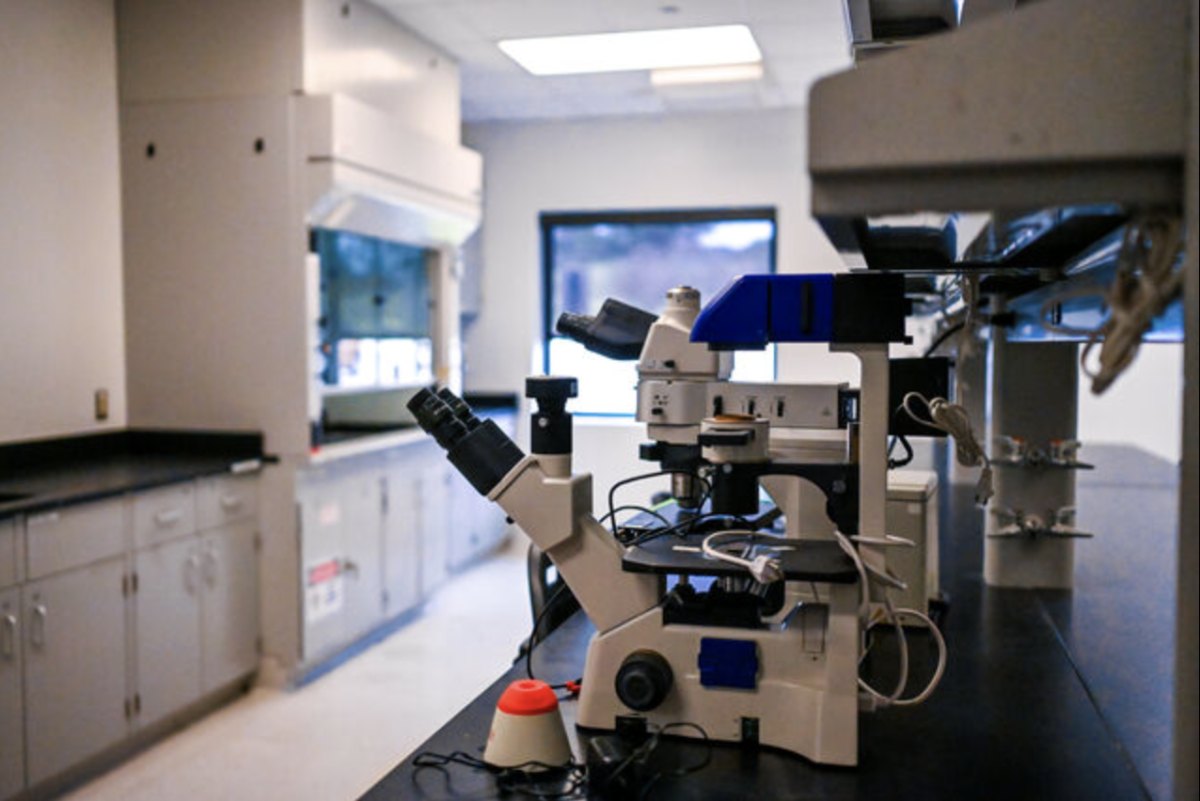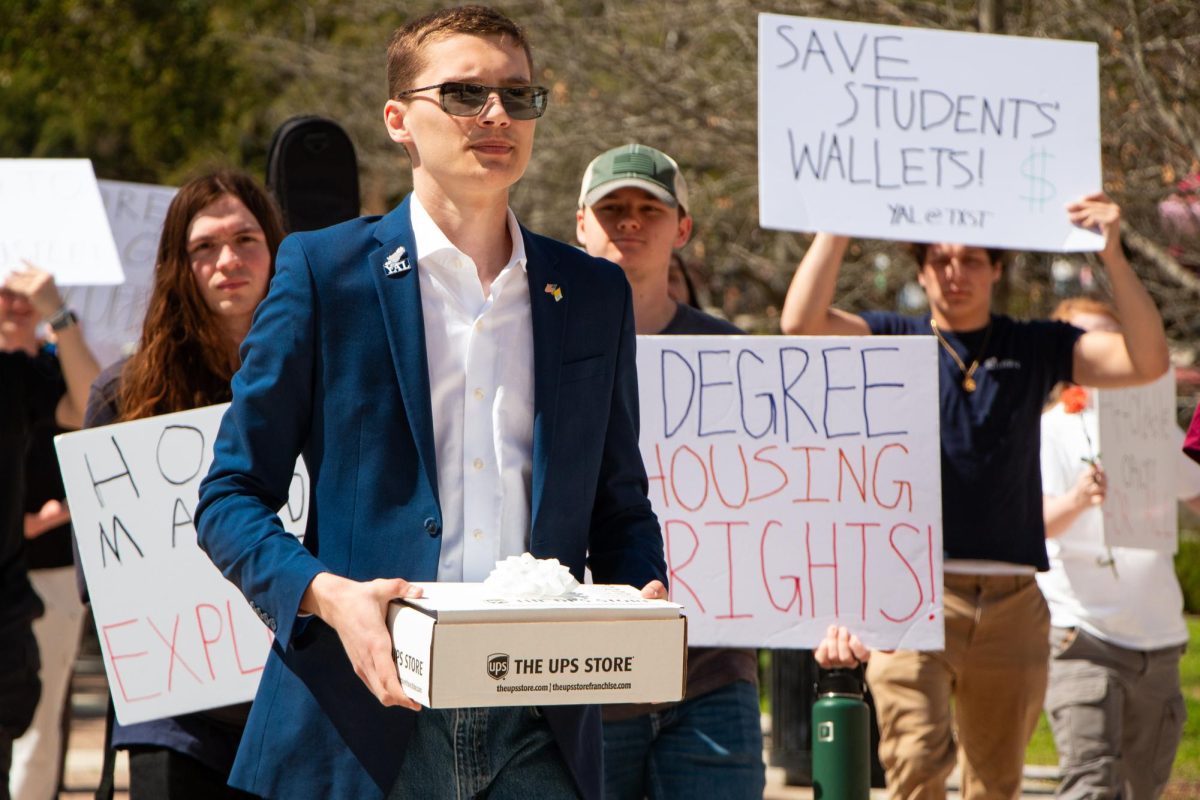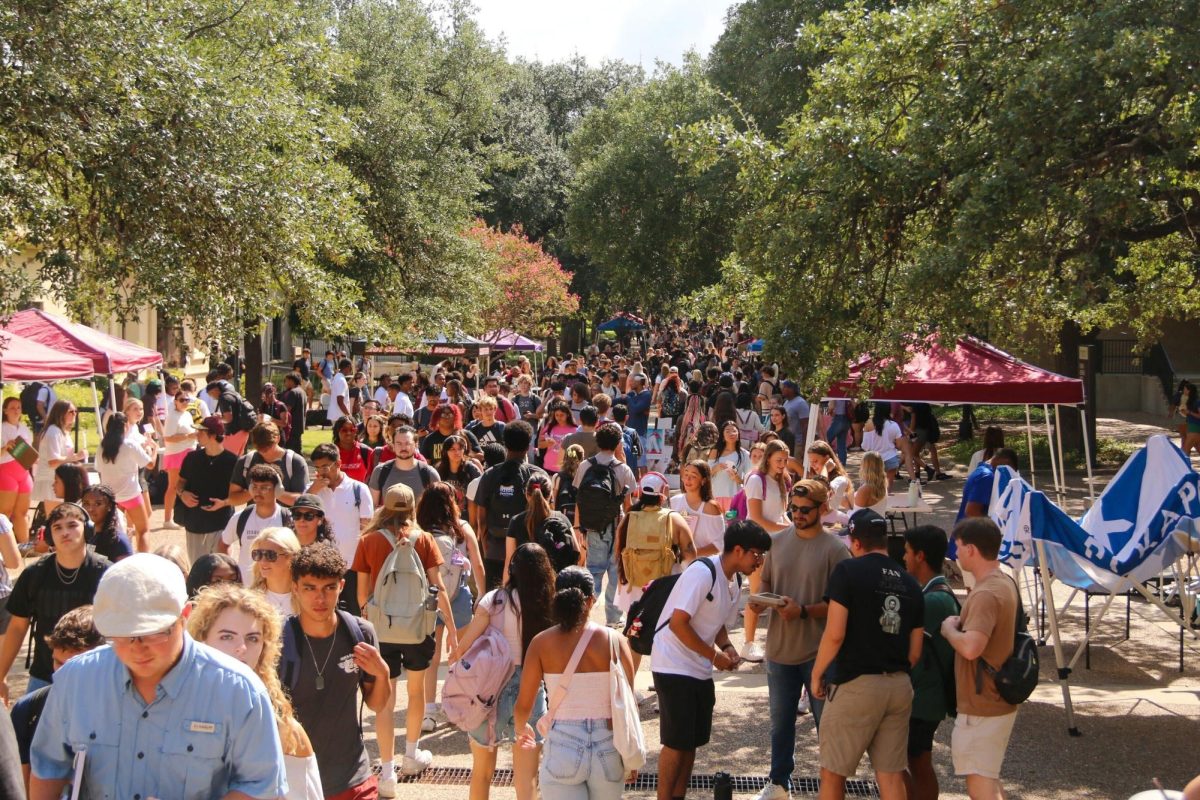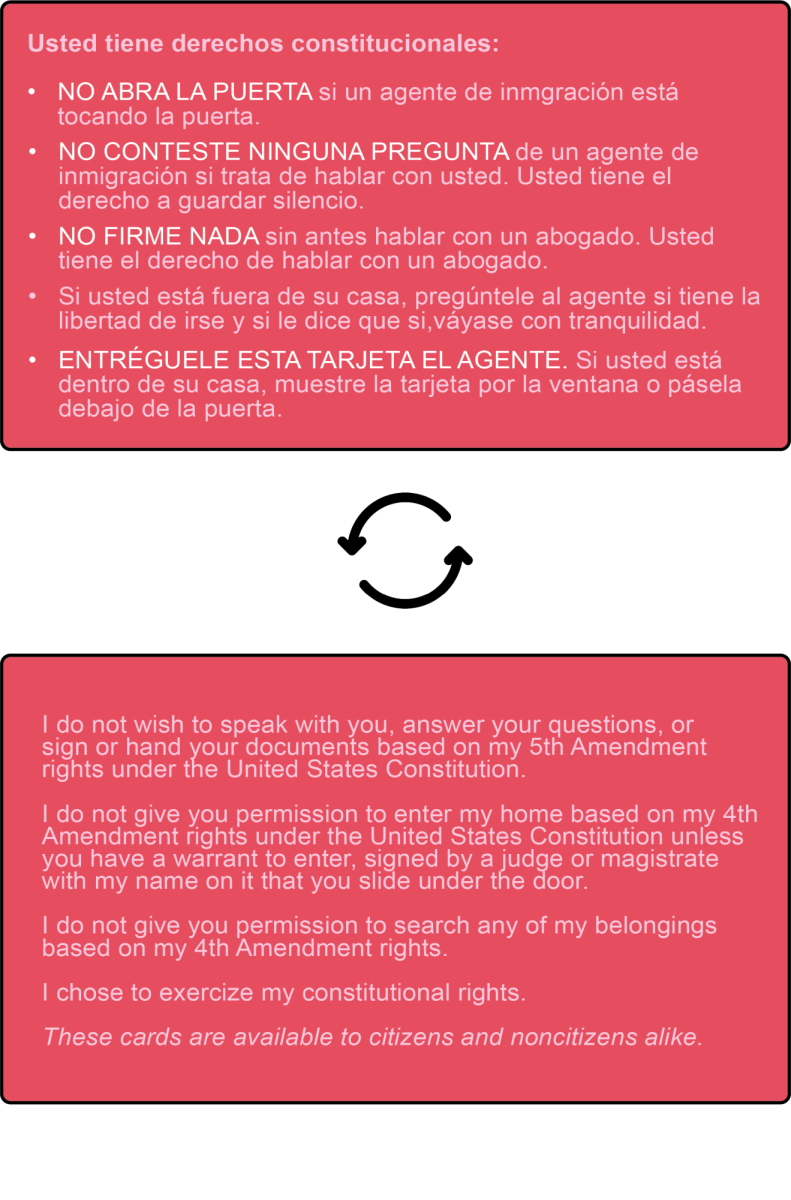Arody Valencia recalls the anxiety she felt walking into her first in-person class since the start of the pandemic. Immediately taking note of the over 100 students she would be sharing the classroom with, knowing all the exams were to be in person and meeting her professors all added to the anxieties of navigating a COVID-19 world.
Valencia has lived with anxiety and depression for years, but born in Michoacan, Mexico, seeking help was considered something uncommon for her traditional Mexican family.
Valencia had a difficult start to her college journey. During her freshman year, she had to navigate online classes.
“I definitely had a really, really rough semester. My GPA was lower with stress and everything,” Valencia, a biology pre-med junior, said.
The transition to in-person classes can be a daunting task for students like Valencia after they have already adjusted and perhaps found comfort behind the screens of online learning. The Texas State Counseling Center offers resources to help students thrive through the transition.
For many students, the upcoming fall semester will be the first one in which they have all in-person classes. For some, it will even be their first semester on a Texas State campus. Regardless of the circumstance, the Counseling Center staff wants students to know it is easy and important to receive the support and help needed to succeed.
Richard Martinez, a counselor at the Counseling Center, said the process of scheduling an appointment requires paperwork to be filled out prior to looking at appointment availability.
“Students complete the paperwork online on the website, and then they get to select their appointment time. So we’ve gotten a lot of positive feedback from students that it’s very simple and easy to use. That’s probably the easiest way to do it,” Martinez said.
According to Martinez, non-crisis counseling sessions are held virtually via TeleHealth and require appointments, which can be made over the phone or by going to the center in person after filling out the intake paperwork. Crisis sessions, on the other hand, are always conducted via phone call or text to the hotline.
With a silent stigma still surrounding mental health issues, Nyleen Mendoza, a social work senior, believes the battle is just getting people comfortable enough to seek help.
“With my mom and grandparents, there’s a little bit of a negative stigma against [counseling]. But I also come from a traditional Mexican family, so that is for cultural reasons,” Mendoza said.
Texas State is a Hispanic Serving Institution. According to the National Alliance on Mental Illness, more than half of more than half of 18 to 25-year-old Hispanic people who have serious mental illness may not even receive treatment. Common mental health disorders for Latinos include anxiety disorder, major depression, PTSD and substance abuse, all of which Texas State’s Counseling Center offers resources for.
Mendoza, who sought help from the counseling center during her freshman year, believes it is important to seek help regardless of the noise or backlash one may face for doing so.
“If you’re already thinking you need help, there really is a positive community around the whole Counseling Center, and there’s a lot of good people that go to those support groups,” Mendoza said. “There really is someone that is just going to stand by your side, so you shouldn’t be scared.”
The counseling center offers various types of resources for students who are currently enrolled in at least six credit hours, and the cost of using the center is already included in student service fees. This means that come the date of appointment, no payment will be necessary and students receive up to 15 sessions with the center.
Martinez explains that it is important and helpful to have a supportive, judgment-free and confidential space for students to voice concerns. The many resources the Counseling Center provides ensure just that.
“We have individual counseling, a really robust group therapy program, which is where one to two counselors come together with a small group of students around a common topic or concern over the course of a semester,” Martinez said. ”We also have self-help programs on our website and then we have workshops and presentations that we do for students as well. We have the prevention and outreach role.”
Mendoza first sought treatment with the Counseling Center to help with the transition from a small town to a large university. She also leaned on the center when COVID-19 forced the world to slow down and moved classes to remote learning.
“My transition was pretty tough. I’m used to social interactions with my classmates so that was pretty difficult,” Mendoza said. “The counseling center was able to get me in contact with some of the support groups that they have. And it opened me up to more people to talk to that were also going through, like, similar things; it gave me a sense of community that I was missing.”
Like Mendoza, after time and multiple conversations, Valencia’s once hesitant family now recognizes and supports her mental health journey.
The Counseling Center is located in room 4.1 on the fifth floor of the L.B.J. Student Center. For more information about the Counseling Center, contact 512-245-2208 or counselingcenter@txstate.edu. The Counseling Center also is on Facebook, Instagram and Twitter at @txstcc.
Categories:
Counseling Center helps students transition to post-pandemic schooling
Nichaela Shaheen, News Reporter
July 26, 2022
Pamphlets pertaining to mental health services for Texas State students are offered outside of the Counseling Center, Friday, Jan. 17, 2020, inside of the LBJ Student Center.
0
Donate to The University Star
Your donation will support the student journalists of Texas State University. Your contribution will allow us to purchase equipment and cover our annual website hosting costs.
More to Discover



